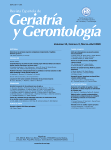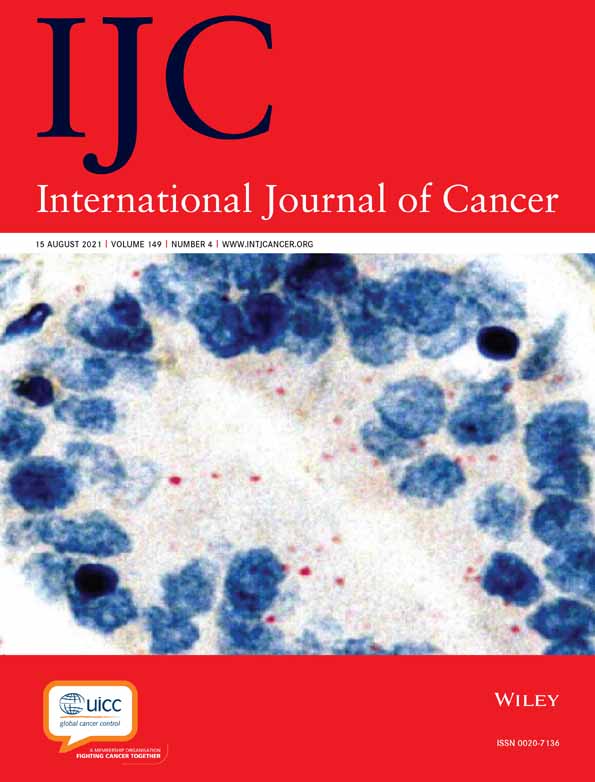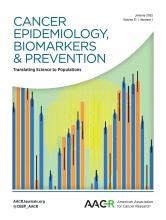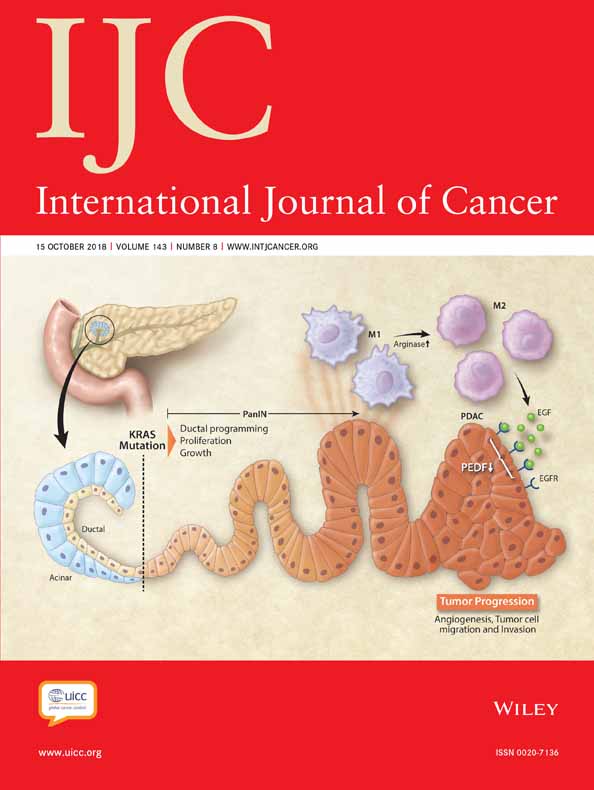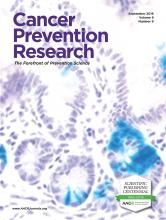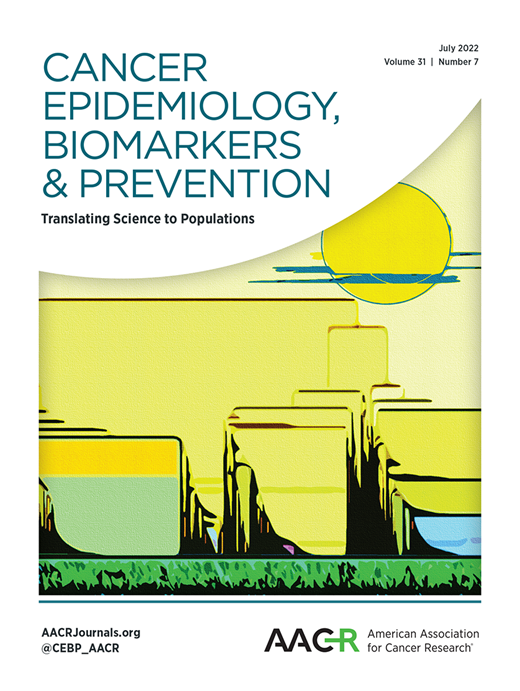Clinical intervals and diagnostic characteristics in a cohort of prostate cancer patients in Spain: a multicentre observational study
Background: Little is known about the healthcare process for patients with prostate cancer, mainly because hospital-based data are not routinely published. The main objective of this study was to determine the clinical characteristics of prostate cancer patients, the, diagnostic process and the factors that might influence intervals from consultation to diagnosis and from diagnosis to treatment.…





